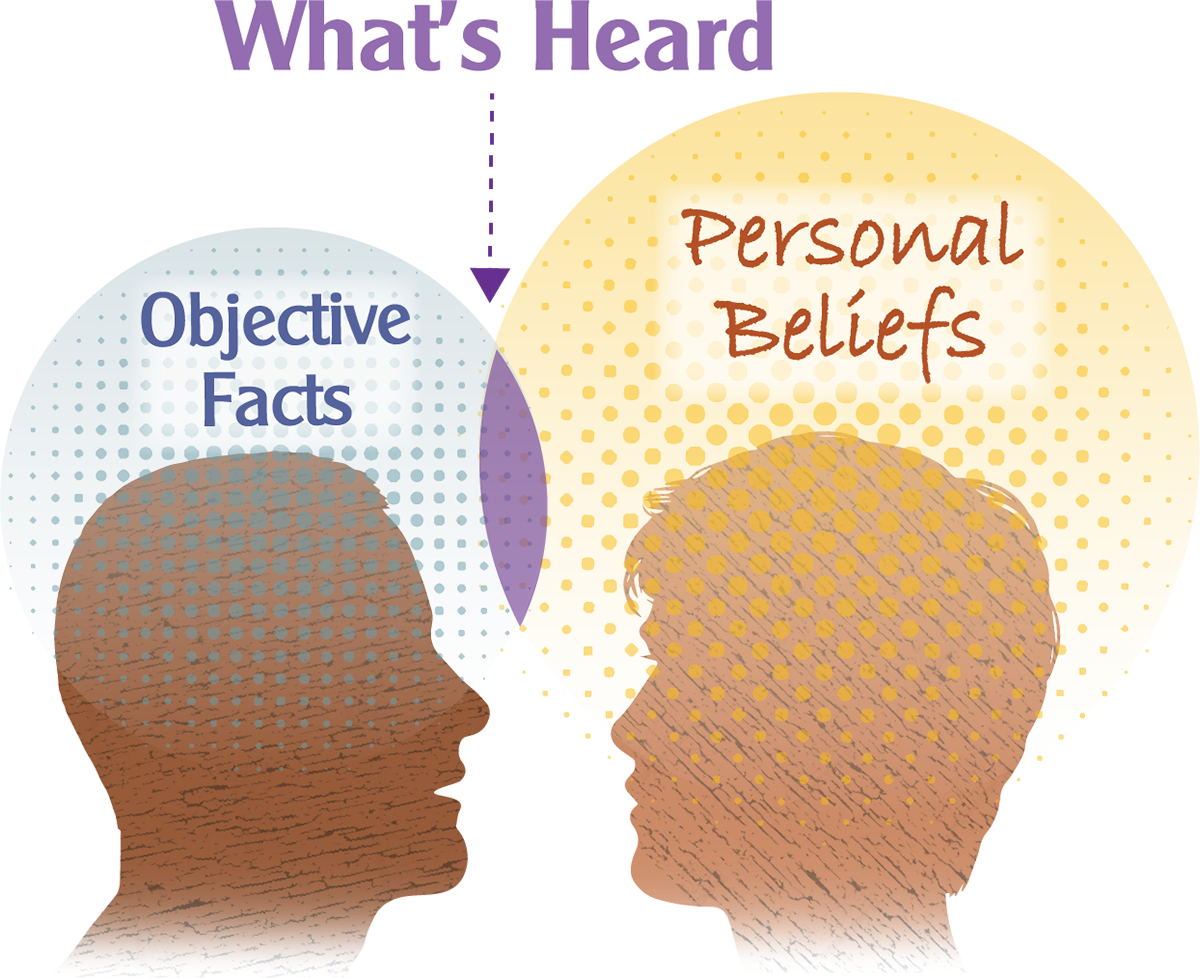Are you Aware of your Biases and What are you Doing about Them?

Biases are in every phase of our lives. Today I sat for a lecture that was purely centered on operations management in which we were chatting on matters of process analysis and improvement. Whereas the whole idea was aimed at bringing a paradigm shift to our kind of thinking regarding where we could use our newly acquired skills, I was deeply left in the chemical industry.
My background has been in the chemical industry, especially cosmetics and energy, and whenever opportunities arise to do some mind-bogging discussions, I would be comfortable using chemicals and chemical symbols and chemical processes.
A session involving management gurus, engineers, and other equally fulfilling professionals, calls that we change and become -minded and look at things holistically. But then you realize they, too, will tend to look at things from their comfort angles.
The reason for such a happening is due to the fact we have biases in us. Some of those biases are conscious whereas others are unconscious. Biases are the reason you may walk into a group of people and want to identify with the person who looks the same in terms of color or speaks the same language as you.
Often, these biases are conscious and can be dealt with. The limitation of such biases is that over time, they make us begin looking at other people and judging them. Suppose you wanted some help, you look at the person with whom you share nothing and think to yourself that they will not be willing to help you which may not be the case.
Other biases are unconscious. For instance, depending on what gender you are, a man may be willing to look at another man and think highly of them because he is a man. Maybe we go looking for someone to employ for a role of an engineer and of all the applications we receive we end up favoring the men simply because we believe they are best placed to work in a sea site full of waves.
Biases are often invigorated into us by the way we have been brought up, the societies we grow in, the levels of education we have, and the places we work among many other determinants ranging from race, tribe, religion, hobbies, sexual orientation to many more.
The first way to address the biases that exist in us and our friends is to acknowledge their existence and be aware of what ours are. Once we are aware, we may be keen to minimize how to play out in our daily lives from influencing the decisions we make to how we behave towards others.
The reason why we need to address biases is that they hamper how we do things. Making the wrong decisions for example in choosing the wrong people to comprise a team means hampering the overall productivity of the team in general.
These biases are responsible for a lot of inequalities that we see around us. Sometimes you may wonder why we can’t address them at the macro level and leave it at that. Given that we can address the biases we see means we can easily curtain them.
The danger however lies with the unconscious one since when left unchecked, they breed the conscious biases that we see at play. Outright discrimination is a result of unchecked or uncontrolled biases at the unconscious level. Over time they become endemic and can be seen in practice.
If we are to see more black people in decision-making tables dominated by white people, biases have to be checked. If we are to see minority groups making a voice that can be heard and contribute to matters of national and global value, biases need to be addressed.
It is as simple as changing the way we believe things have been done for ages now to becoming open-minded. Being open to learning or starting to be a student of life means that we will appreciate things that improve our view of life and how we view others.
So are you aware of the biases in your life? Can you check the biases in you and write down a plan of how to address them? If we are to improve the quality of life on this planet, it may be as simple as beginning to address personal biases.






